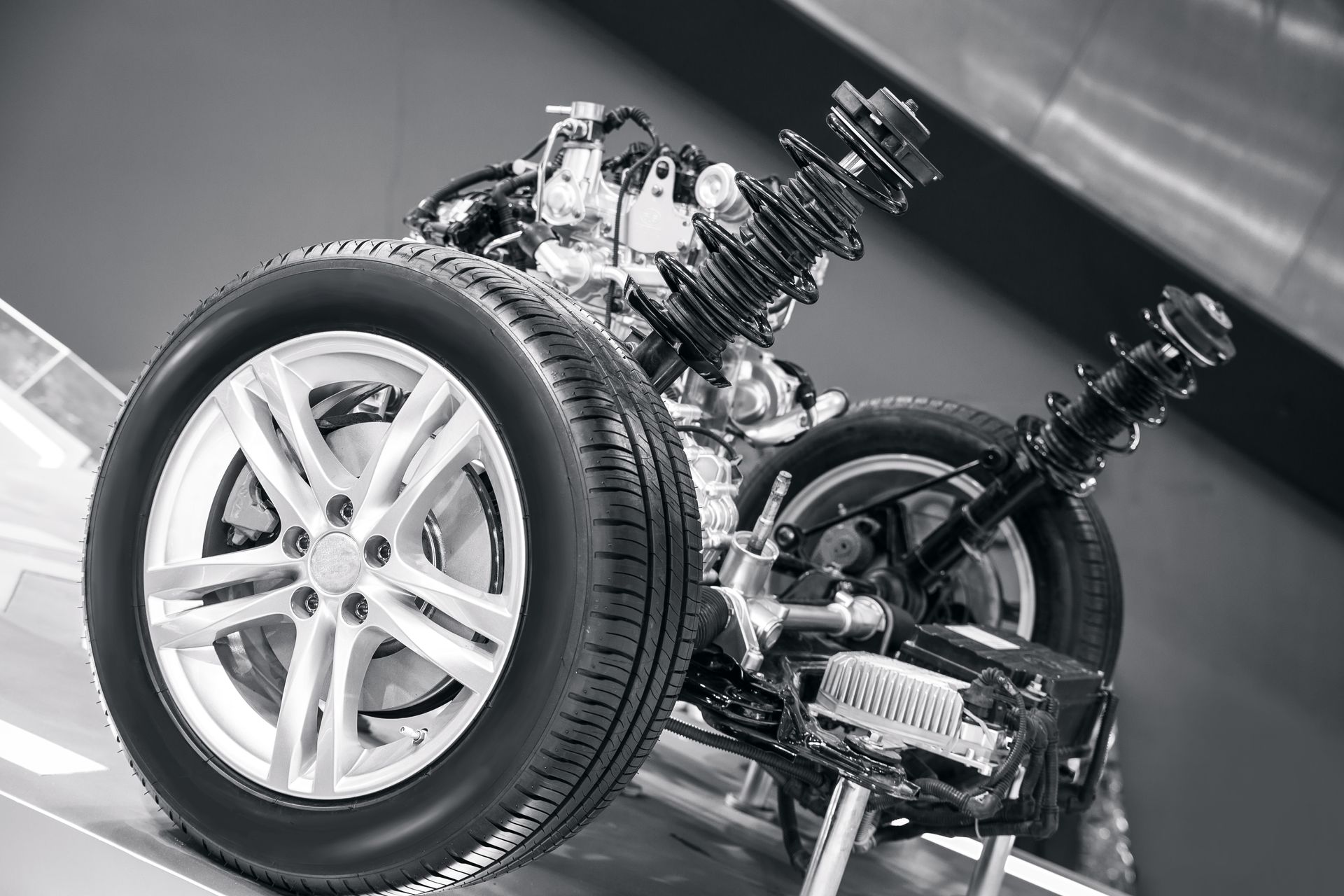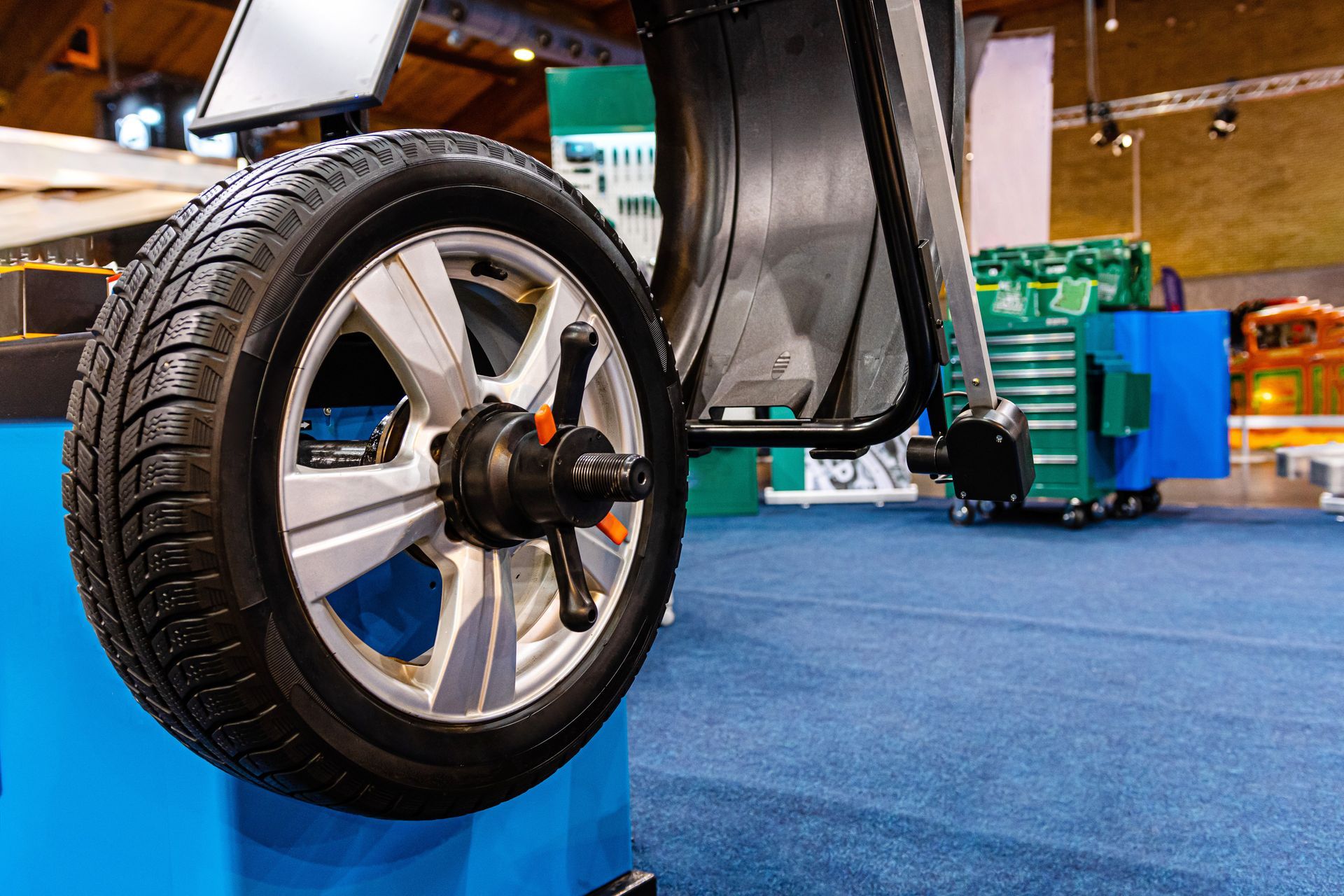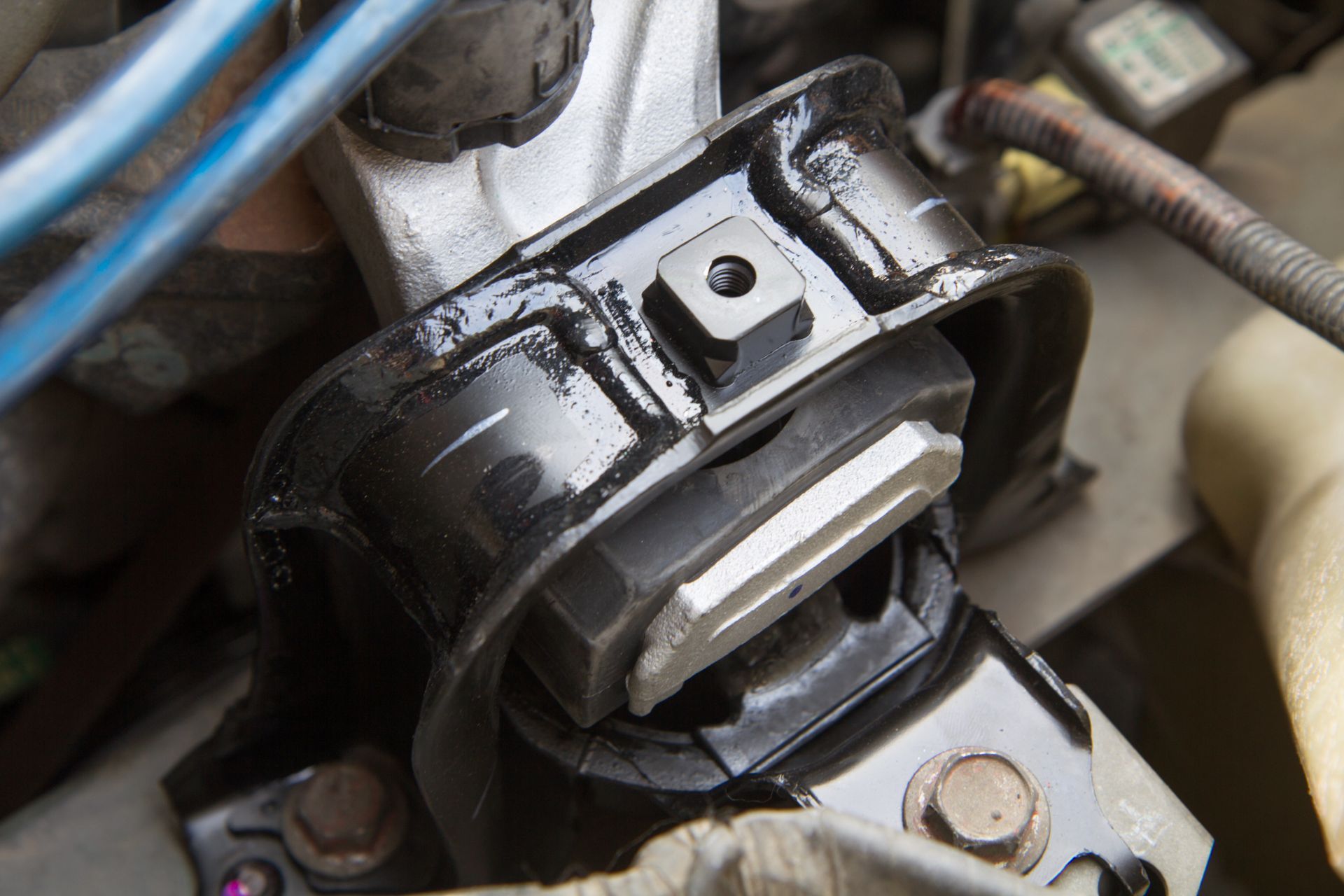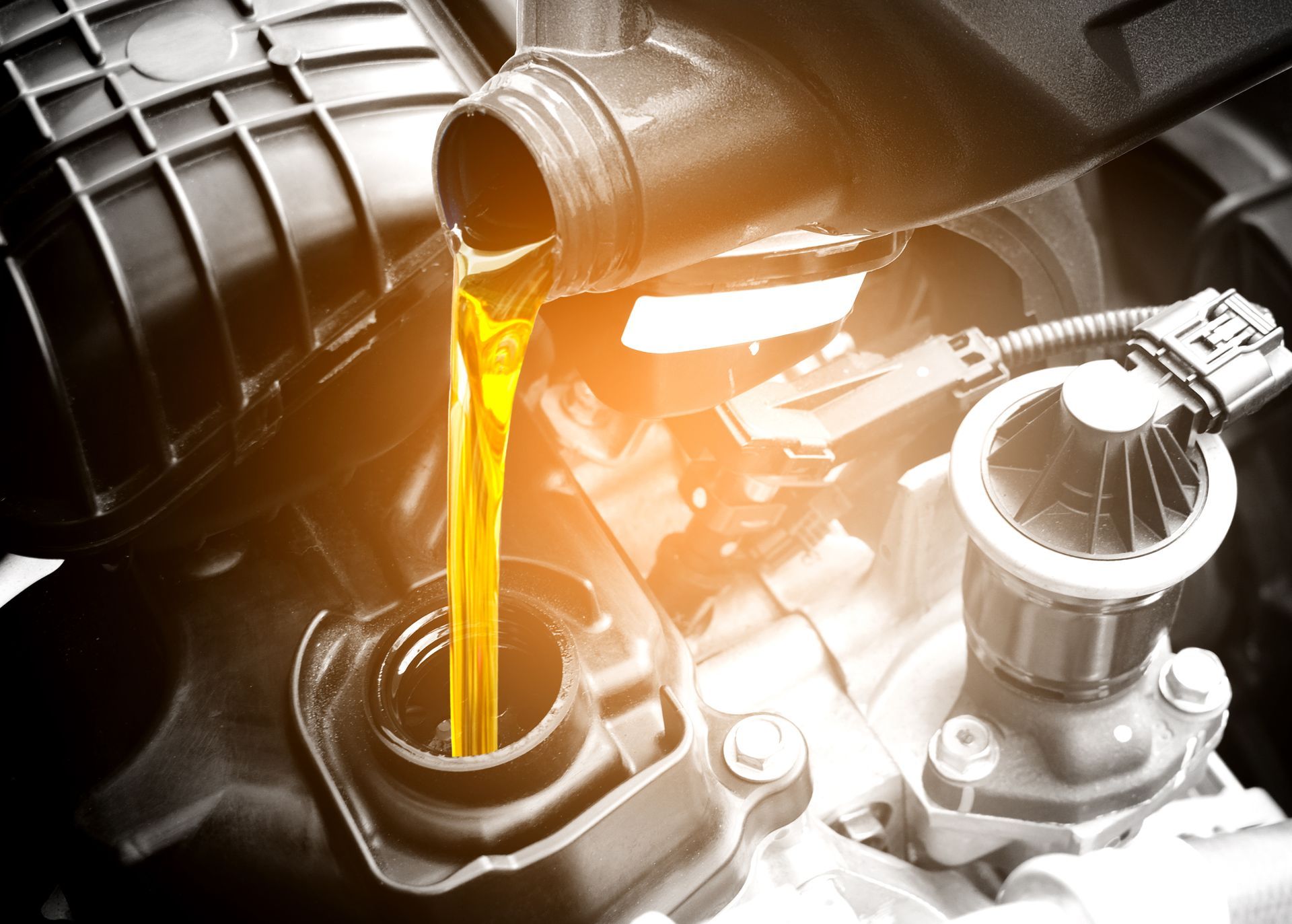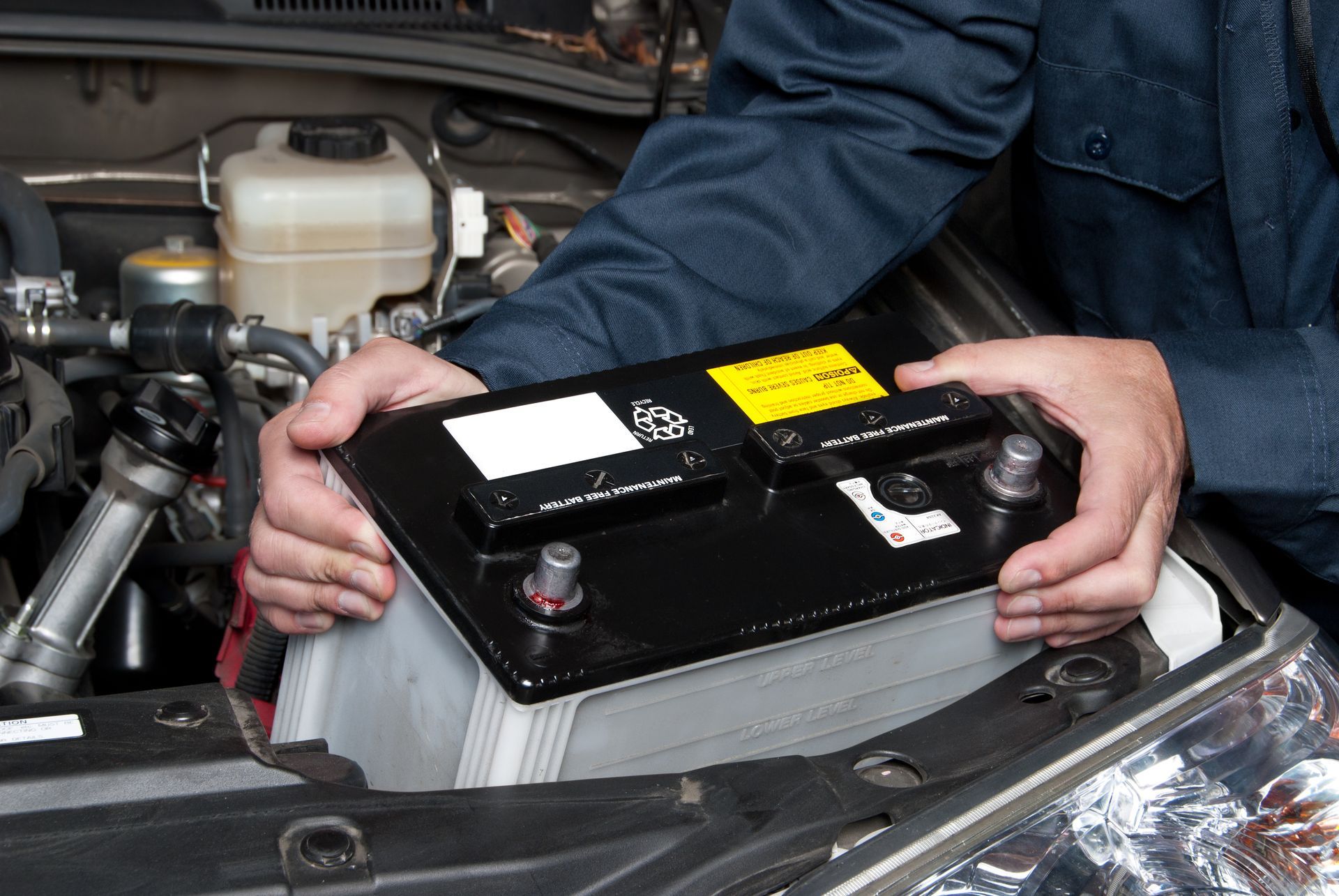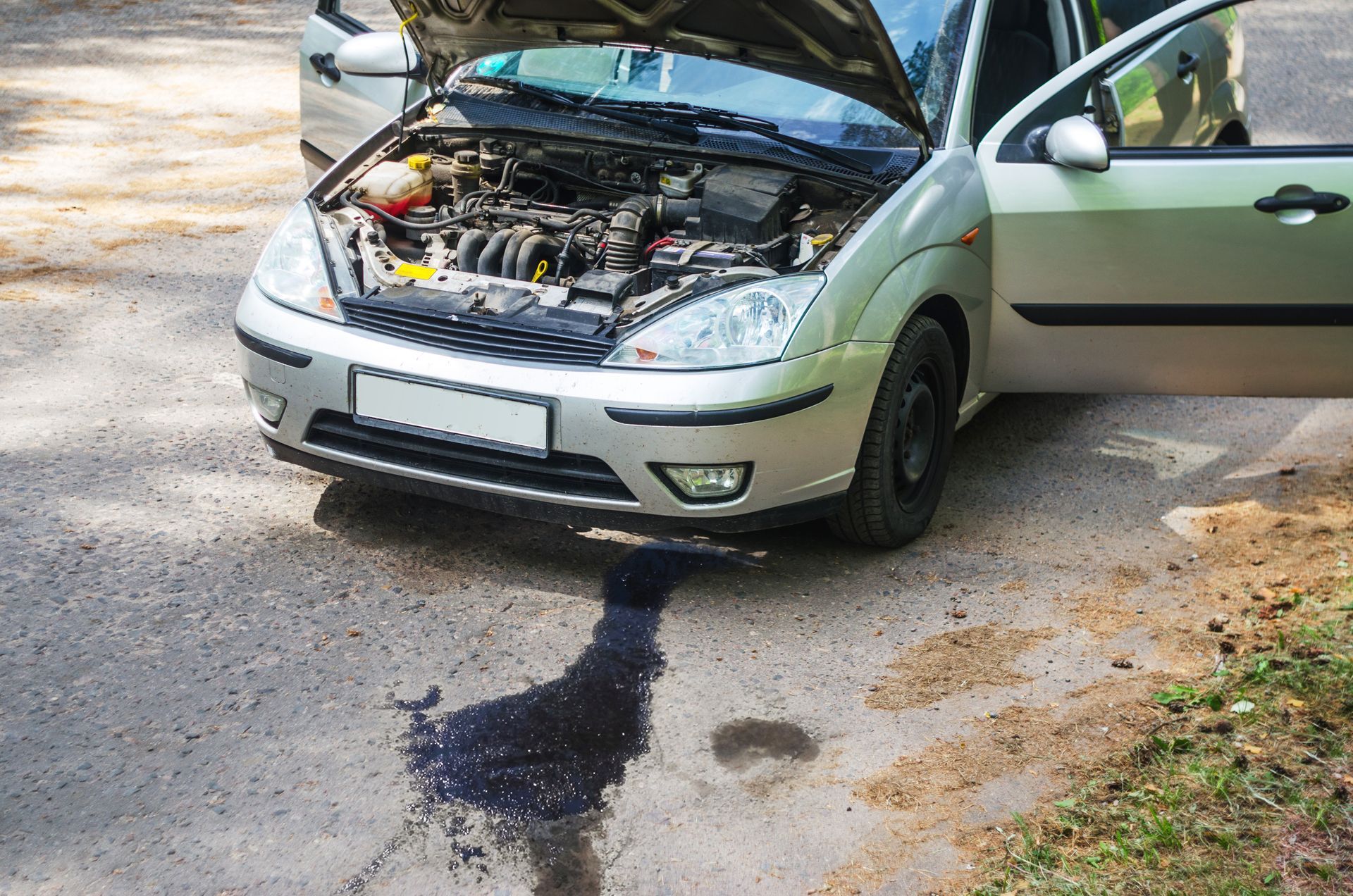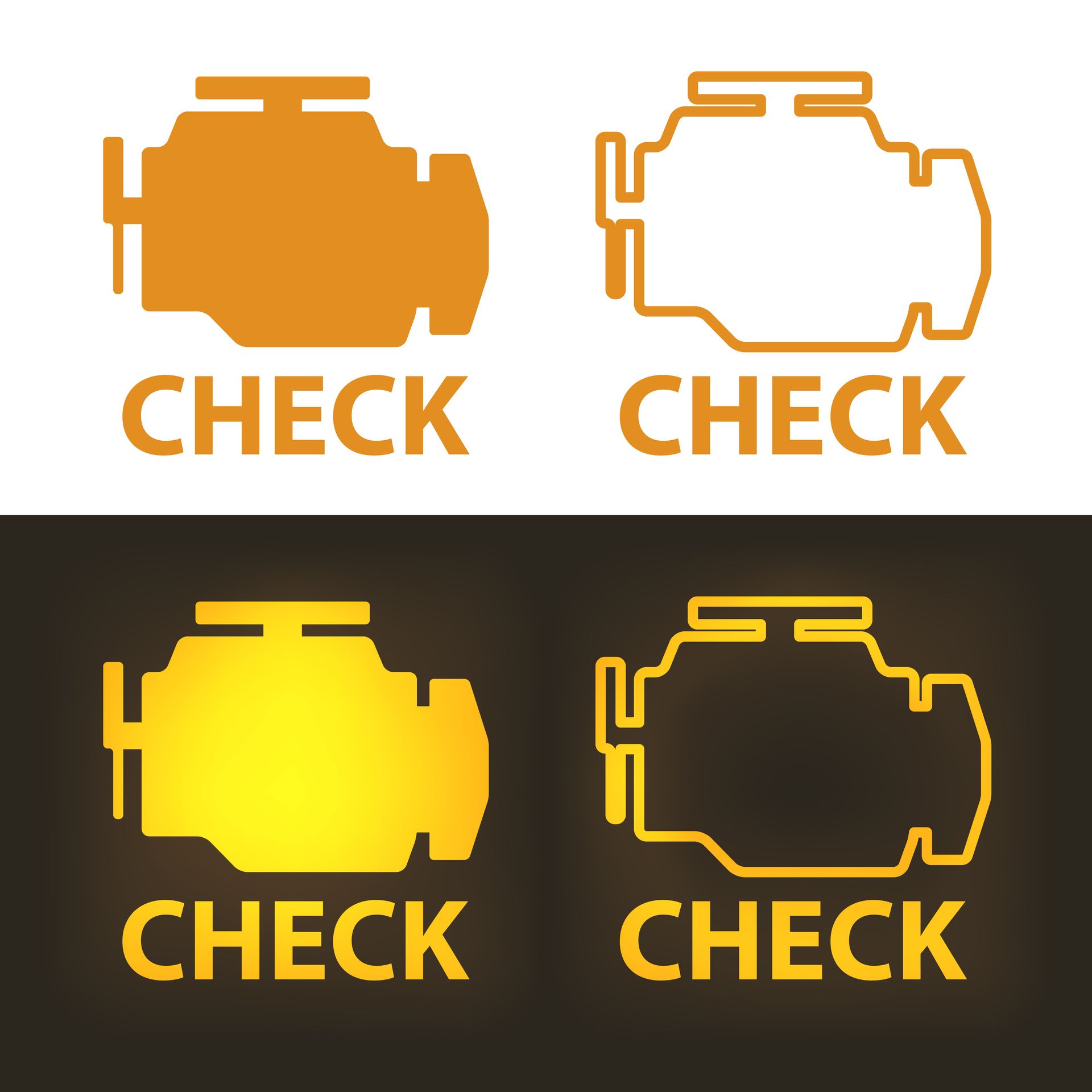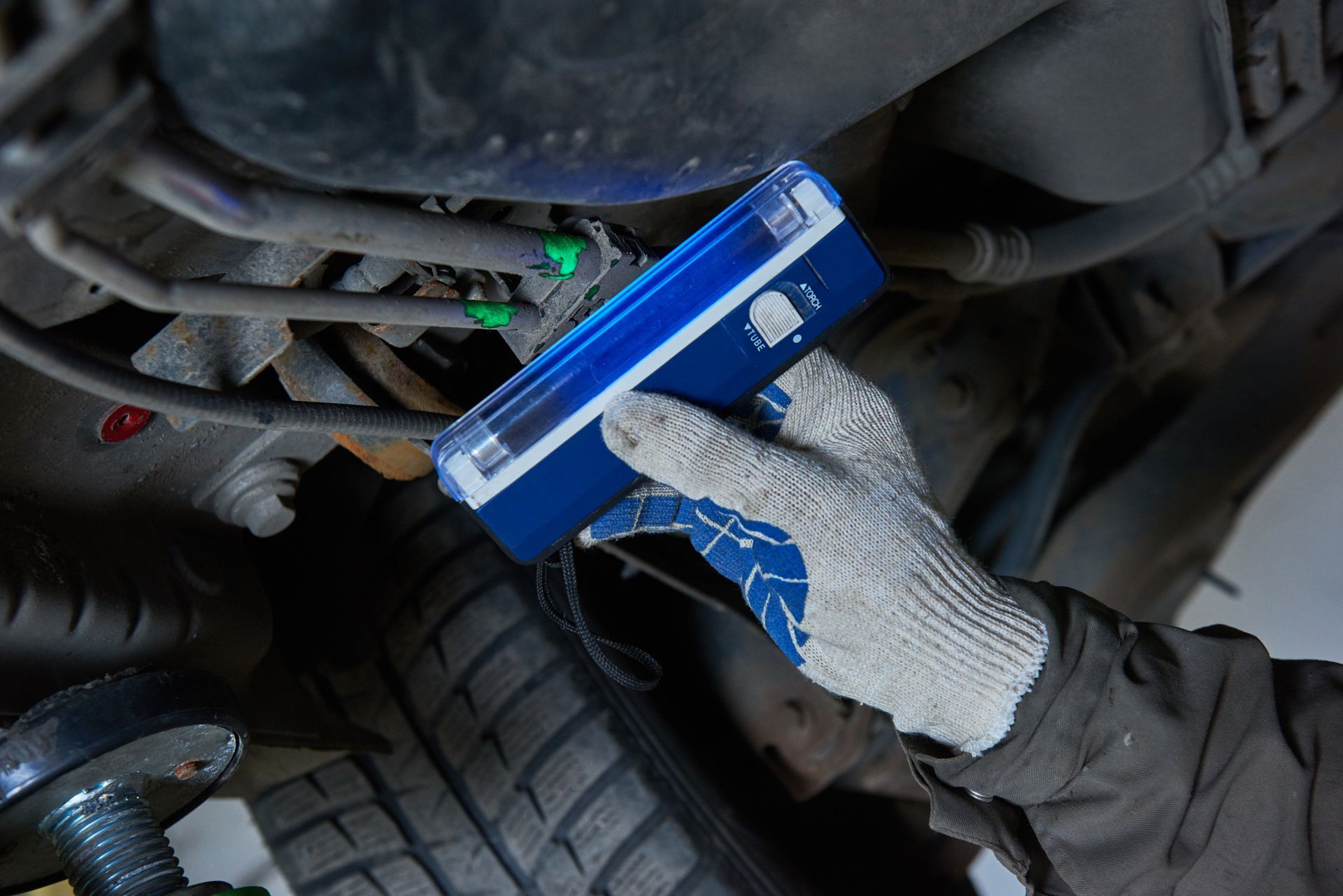Catching a whiff of gasoline when starting your car in the morning can be unsettling. Not only is the smell unpleasant, but it could also point to a problem that affects performance, fuel economy, or even safety. While some causes are minor, others demand immediate attention to avoid further damage or risk.
Here’s a breakdown of the most common reasons your vehicle may smell like fuel at startup, especially on cooler mornings.
Cold Starts and Temporary Fuel Odor
During a cold start, your engine needs more fuel to get running. Modern engines compensate by enriching the fuel mixture briefly, which can sometimes lead to a slightly rich smell. If this odor disappears quickly and doesn't return during regular driving, it may not be cause for concern. However, if it lingers or worsens, it's worth investigating.
Leaking Fuel Injectors
One of the more common causes of fuel smell is a leaky fuel injector. These components spray fuel into the engine, and over time, the seals or injectors themselves can wear out. If fuel drips onto the engine or surrounding parts overnight, you’ll likely smell it during your next startup.
A mechanic can perform a pressure test or inspection to check for leaks. Replacing faulty injectors or seals can restore proper performance and eliminate the smell.
Faulty or Damaged Fuel Lines
Cracked or aging fuel lines can slowly seep fuel, especially when the engine is cold and the system is pressurized. This is more common in older vehicles, but it can happen in newer ones as well, especially if they've been exposed to rough driving conditions or road salt.
A leaking fuel line should be repaired as soon as possible. Not only does it waste gas, but it also poses a fire risk, particularly if the leak is near the engine or exhaust.
Gas Cap Problems
Sometimes, the problem is as simple as a loose or faulty gas cap. The gas cap seals off the fuel system and prevents vapors from escaping. If it doesn’t seal properly, fumes can build up and find their way into the cabin through the HVAC system or vents.
If you’ve recently fueled up and started noticing the smell, double-check that the cap is secure and in good condition. If it's cracked or no longer fits tightly, a replacement is a quick and inexpensive fix.
Issues with the EVAP System
Your vehicle's evaporative emissions system, or EVAP system, is designed to trap and reuse fuel vapors instead of letting them escape. A leak or fault in this system, such as a cracked hose or faulty purge valve, can cause fuel smells, especially during startup.
A check engine light often accompanies EVAP problems. Diagnostic tools can identify specific faults within the system so the correct repair can be made.
Exhaust Leaks Near the Engine Bay
Although it’s less common, a small exhaust leak near the engine can sometimes produce a fuel-like odor, particularly if unburned fuel is escaping from the cylinders. This is more likely in vehicles with engine misfires, poor fuel combustion, or damaged gaskets.
If the smell is especially strong near the hood or vents, and you also notice performance issues like rough idling or poor acceleration, this may be the cause.
When to Take Action
If the fuel smell is new, persistent, or growing stronger, it should never be ignored. Fuel vapor is flammable, and even small leaks can become dangerous if left unattended. At the very least, you’re losing fuel efficiency. At worst, you may be putting yourself at risk of fire or engine damage.
Stay Safe with Help from Friendly Auto Centers in Mesa, AZ
If your car smells like fuel when you start it up, it’s best to get it checked sooner rather than later. At Friendly Auto Centers in Mesa, AZ, we can inspect your fuel system, identify leaks, and ensure your vehicle is safe and performing efficiently.
Book an inspection today and take the guesswork out of that morning fuel smell.


